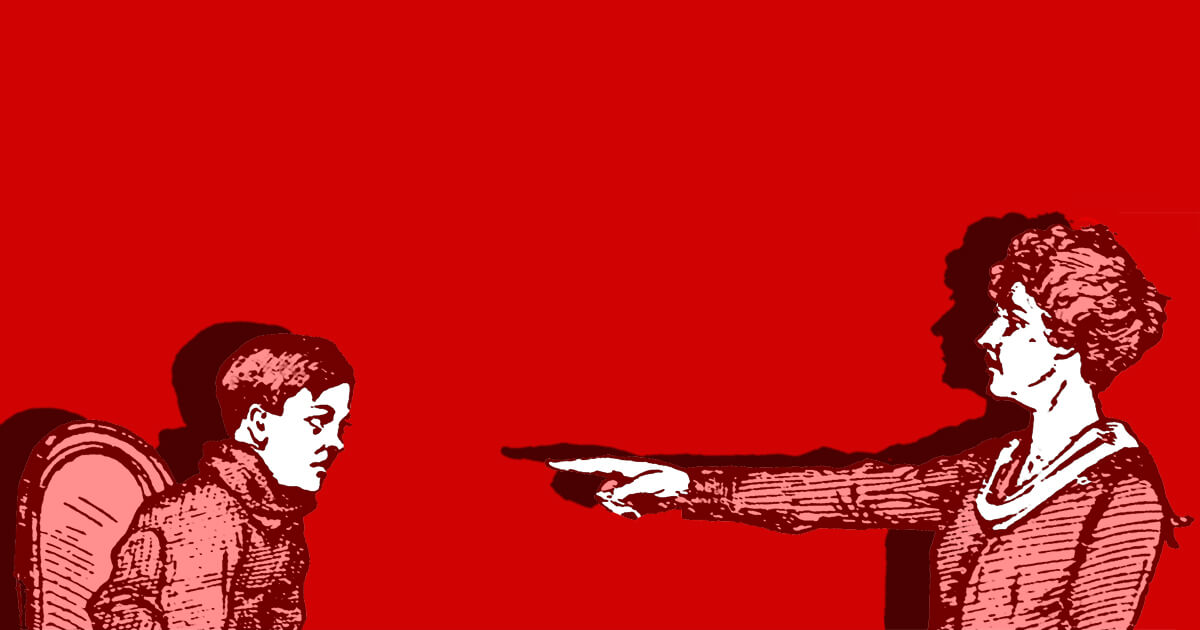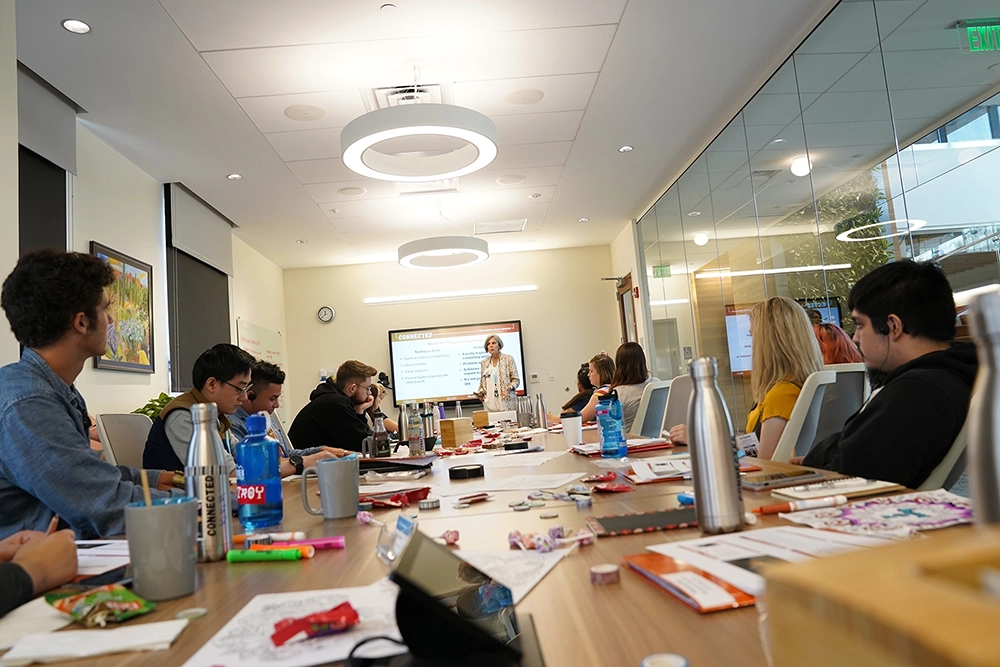1. Most Recent Uploads - Adultism
Images · Videos · Last Updated · BBW
2. Heavy on the Solidarity, Light on the Adultism - Democracy and Education
This data-based theoretical paper explores the contrasting tensions of adults being in “solidarity” with youths while not reproducing systems of oppression ...
This data-based theoretical paper explores the contrasting tensions of adults being in “solidarity” with youths while not reproducing systems of oppression through adultism. Written by adults who have been engaged side-by-side with youth activism, the purpose of this article is to better understand what adult solidarity and support look like according to youth activists themselves as we grapple with the unintentional mechanisms of reinforcing oppressive power dynamics between young people and adults in activist communities. Extending on the Gaztambide-Fernández’s (2012) notion of relational solidarity, the findings offer four types of actions (modeling, connecting, supporting, and protecting) adults can do to authentically support youths and thereby adds conceptual clarification and nuance for adults seeking to work in solidarity in more authentic youth adult partnerships (YAPs).
3. Understanding Adultism - NYRA - National Youth Rights Association
Apr 11, 2011 · The word adultism refers to behaviors and attitudes based on the assumption that adults ... NYRA is a 501(c)(3) nonprofit corporation. Donate.
A Key to Developing Positive Youth-Adult Relationships Most of us are youth workers because we care about young people. Personally we want to both be effective and have good relationships with young people. We are satisfied when things go well. We feel bad when our relationships sour. Sometimes we scratch our heads in dismay when,

4. Adultism - Kindred Media
Nov 8, 2018 · What is adultism? My favorite explanation of adultism comes from an article written by Dr. Barry Checkoway at the University of Michigan in Ann ...
Oppression of children.From Teresa Graham Brett's article Adultism: The Hidden Toxin Poisoning Our Relationships With ChildrenWhat is adultism?My favorite explanation of adultism comes from an article written by Dr. Barry Checkoway at the University

5. Adultism | Alliance for Self-Directed Education
May 28, 2020 · In his article, Jens Peter de Pedro defines adultism as “a systemic condition that promotes stereotyping and disempowering of the young.” ...
A series on the systemic discrimination of youth.

6. Recognizing Systems of Adultism - Adam F.C. Fletcher
Aug 16, 2013 · The ways humans are born reflects adultism against infants, as sterile, scheduled C-section births demonstrate adults' intentions almost as ...
It is important to look beyond individual ways that people discriminate and are discriminated against to see that there are systems that define, support, promote, and sustain adultism. Everyone is …

7. Embracing affirmation and eschewing adultism in family life
May 5, 2023 · ” C's anti-adultist parenting approach aims to celebrate the discoveries P is making. “If P comes to me with something about their gender ...
A nonbinary child and their parent discuss identity formation, harmful stereotypes, and trans joy.

8. Defining Adultism - National Council for Mental Wellbeing
Defining Adultism. Sep 14, 2021. Equity Public Health CONNECTED Resource ... 501(c)(3) nonprofit association (EIN 23-7092671). 1400 K Street NW, Suite 810
This resource addresses the assumption that young people are inferior to adults simply because of their young age which contributes to the belief that their voice cannot create change.

9. [PDF] Unit On ADULTISM - Campus Activism
• To identify benefits and costs of adultism to adults. • To define the ... What is NOT helpful from an ally? c. Speakout. Have students take out pencils ...
10. Profs criticize 'adultism,' 'white supremacy,' and 'objectivity' in ...
Feb 14, 2023 · This approach would hinge on three research principles, including “[c]enter[ing] the voices of racially/ethnically minoritized youth,” “[a] ...
'Adultism' was defined as the '[s]ystemic/interpersonal exclusion of youth from decisions that impact their lives' by panelist and University of Illinois Chicago professor Josefina Bañales.
